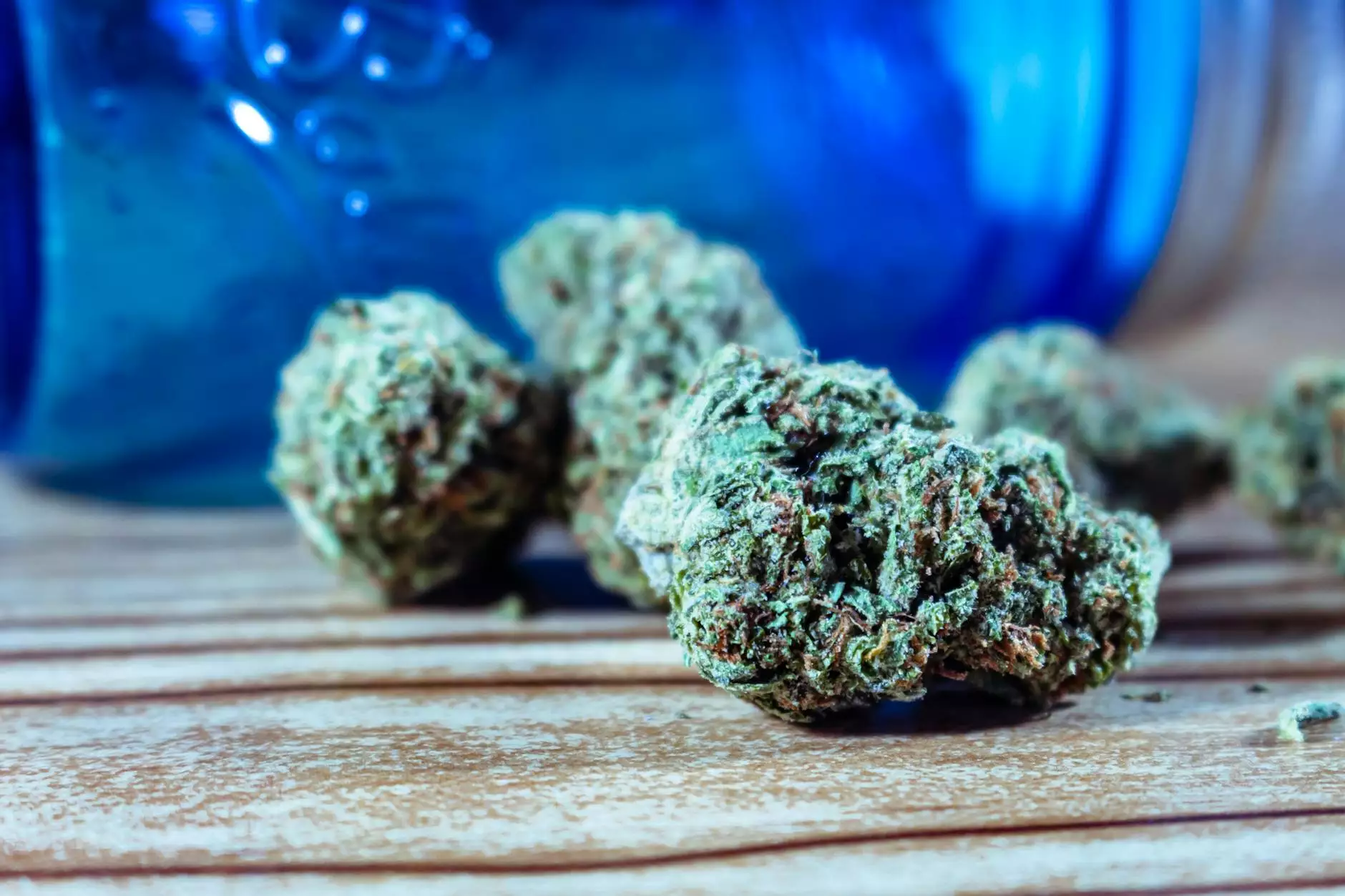The Intriguing Landscape of Cannabinoids: Legal Aspects in Pharmacy and Alternative Medicine

Cannabinoids have emerged as a significant topic in the realms of pharmacy and alternative medicine. With an increasing body of research supporting their therapeutic benefits, understanding the legal nuances surrounding cannabinoids is more crucial than ever. This article aims to unpack the various aspects of cannabinoid legality, its implications for businesses, and the broader impacts on health and wellness.
Understanding Cannabinoids: What Are They?
Cannabinoids are chemical compounds found in the cannabis plant. They interact with the body's endocannabinoid system, which plays a critical role in regulating various physiological processes, including mood, memory, appetite, and pain sensation. The most well-known cannabinoids are:
- Tetrahydrocannabinol (THC) - The psychoactive component responsible for the "high" associated with cannabis.
- cannabidiol (CBD) - Non-psychoactive and renowned for its potential therapeutic benefits.
- Cannabinol (CBN) - Known for its sedative effects and potential benefits in sleep.
- Cannabigerol (CBG) - A precursor to other cannabinoids, recognized for its potential anti-inflammatory properties.
The Legal Framework Surrounding Cannabinoids
The legal status of cannabinoids varies significantly across different jurisdictions. This variability can pose challenges and opportunities for businesses in the pharmacy and alternative medicine sectors.
Global Regulatory Landscape
Many countries are reassessing their laws regarding cannabis and cannabinoids. This development is often a response to growing evidence of cannabis' medical benefits. Below is an overview of the legal landscape:
- United States: The legality of cannabinoids varies by state. While hemp-derived CBD is federally legal under the Farm Bill of 2018, THC remains classified as a Schedule I substance under federal law.
- Canada: Canada has legalized both medical and recreational cannabis, making cannabinoids broadly accessible to the public.
- Europe: The European Union permits CBD products that comply with specific regulations, while THC legality differs by country.
- Australia: Medical cannabis is legal with a prescription, but THC products remain heavily regulated.
Understanding Cannabinoids Legal Status
It is vital for businesses to navigate the legal status of cannabinoids effectively. The keyword cannabinoids legal accurately encapsulates the ongoing discussions and regulations. It is essential for businesses in the pharmaceutical and alternative medicine fields to remain compliant with legal standards to avoid penalties and capitalize on emerging market opportunities.
Implications for the Pharmacy Sector
The pharmacy sector has been one of the primary beneficiaries of the evolving legal status of cannabinoids. Pharmacists are now increasingly involved in educating patients about the potential benefits and risks of cannabinoid-based therapies.
Opportunities and Challenges
As the interest in cannabinoids rises, pharmacies have the potential to:
- Expand their product lines to include cannabinoid-based therapeutics.
- Develop patient education programs focusing on cannabinoid safety and efficacy.
- Conduct research collaborations to assess the impact of cannabinoids on various health conditions.
However, challenges remain, including:
- Staying compliant with the shifting regulations regarding cannabinoid sales.
- Ensuring products meet quality standards and are sourced from reputable suppliers.
- Navigating insurance and reimbursement processes for cannabinoid-based treatments.
The Role of Alternative Medicine in Cannabinoid Therapies
Alternative medicine practitioners increasingly incorporate cannabinoids into their treatment regimens. Many patients seeking holistic approaches to health may find cannabinoids a valuable addition to their care plans.
Integrating Cannabinoids into Treatment Modalities
Practitioners of alternative medicine can utilize cannabinoids in various therapeutic contexts:
- Pain Management: Cannabinoids are recognized for their analgesic properties, providing relief for chronic pain sufferers.
- Stress and Anxiety Relief: CBD, in particular, has garnered attention for its potential to alleviate anxiety and improve mood.
- Sleep Disorders: Some cannabinoids may assist with sleep challenges, offering natural alternatives to traditional pharmaceuticals.
Consumer Education: A Critical Element
As the industry grows, so does the need for consumer education about cannabinoids. Ensuring that patients understand cannabinoids legal implications and therapeutic roles is essential for promoting safe usage.
Key Areas of Focus for Educators
Consumer education on cannabinoids should cover:
- The differences between various cannabinoids and their effects.
- Legal considerations and how they impact product availability.
- The importance of consulting healthcare providers before starting cannabinoid therapies.
The Future of Cannabinoids in Health and Business
Looking ahead, the future of cannabinoids appears promising. As societal perceptions shift, the acceptance of cannabinoids in conventional medicine is likely to grow.
Predicted Trends
Several trends are expected to influence the direction of cannabinoids in healthcare and business:
- Increased Research Investment: More funding for cannabinoid research will likely yield new discoveries and applications.
- Technological Advancements: Innovations in delivery systems and product formulations will enhance efficacy and patient satisfaction.
- Policy Reforms: Ongoing advocacy will push for policy changes that support broader accessibility and use of cannabinoids.
Conclusion: Embracing the Change
The exploration of cannabinoids represents a dynamic intersection of science, law, and health. For both the pharmacy and alternative medicine sectors, understanding the implications of cannabinoids legal status is crucial. Businesses that adapt to the evolving landscape and prioritize consumer education will not only thrive but also contribute to the broader acceptance and integration of cannabinoid therapies in our health systems.
As we continue to uncover the potential of cannabinoids, one thing remains clear: the future is bright, and the possibilities are endless for those willing to embrace this exciting frontier.









